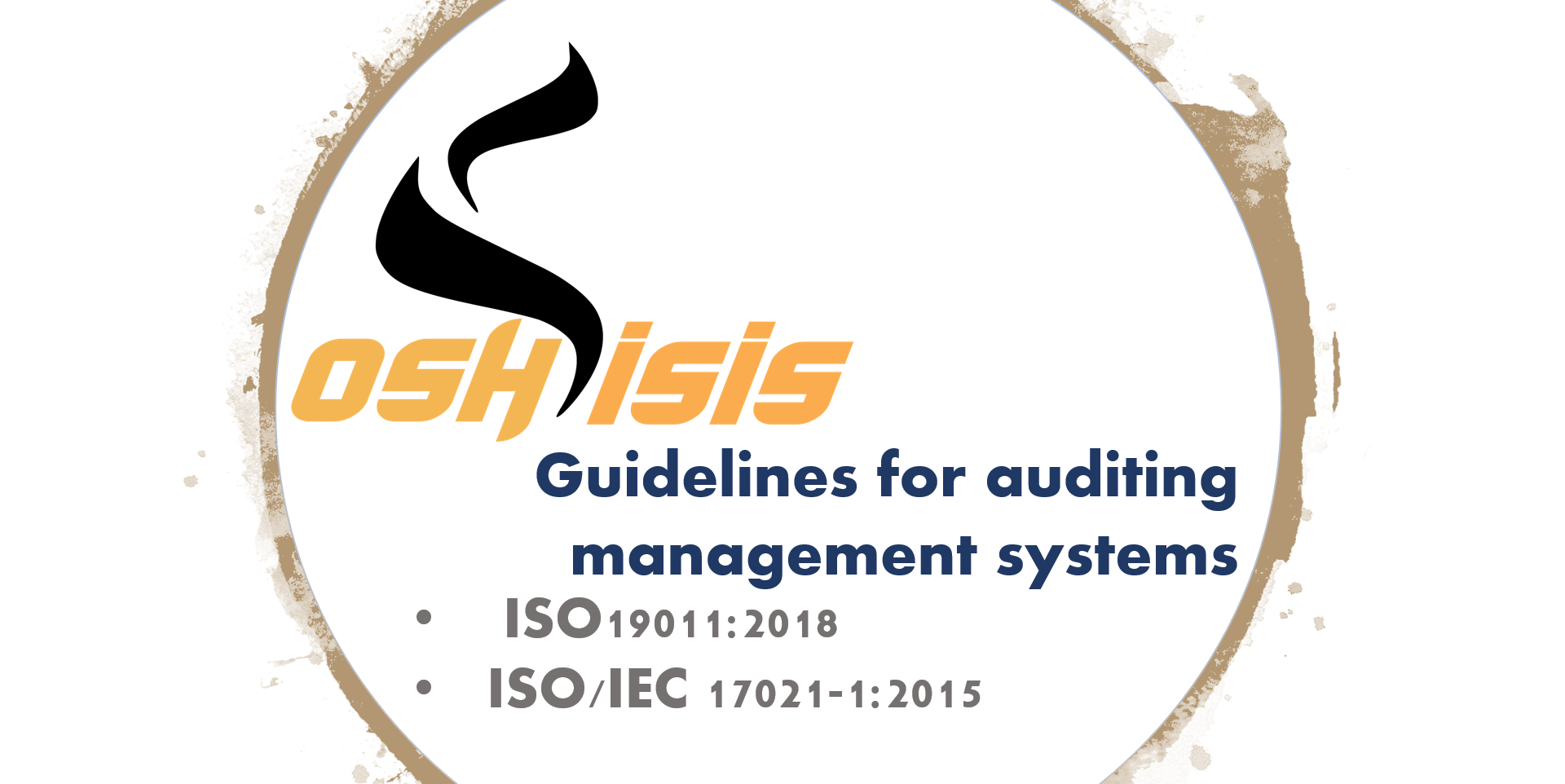
ISO 19011:2018 - Guidelines for auditing management systems
4 Principles of auditing
Auditing is characterized by reliance on a number of principles. These principles should help to make the audit an effective and reliable tool in support of management policies and controls, by providing information on which an organization can act in order to improve its performance. Adherence to these principles is a prerequisite for providing audit conclusions that are relevant and sufficient, and for enabling auditors, working independently from one another, to reach similar conclusions in similar circumstances.
The guidance given in Clauses 5 to 7 is based on the seven principles outlined below
a) Integrity: the foundation of professionalism
Auditors and the individual(s) managing an audit programme should:
- perform their work ethically, with honesty and responsibility;
- only undertake audit activities if competent to do so;
- perform their work in an impartial manner, i.e. remain fair and unbiased in all their dealings;
- be sensitive to any influences that may be exerted on their judgement while carrying out an audit.
b) Fair presentation: the obligation to report truthfully and accurately
audit findings, audit conclusions and audit reports should reflect truthfully and accurately the audit activities. Significant obstacles encountered during the audit and unresolved diverging opinions between the audit team and the auditee should be reported. The communication should be truthful, accurate, objective, timely, clear and complete.
c) Due professional care: the application of diligence and judgement in auditing
Auditors should exercise due care in accordance with the importance of the task they perform and the confidence placed in them by the audit client and other interested parties. An important factor in carrying out their work with due professional care is having the ability to make reasoned judgements in all audit situations.
d) Confidentiality: security of information
Auditors should exercise discretion in the use and protection of information acquired in the course of their duties. Audit information should not be used inappropriately for personal gain by the auditor or the audit client, or in a manner detrimental to the legitimate interests of the auditee. This concept includes the proper handling of sensitive or confidential information.
e) Independence: the basis for the impartiality of the audit and objectivity of the audit conclusions
Auditors should be independent of the activity being audited wherever practicable, and should in all cases act in a manner that is free from bias and conflict of interest. For internal audits, auditors should be independent from the function being audited if practicable. Auditors should maintain objectivity throughout the audit process to ensure that the audit findings and conclusions are based only on the audit evidence.
For small organizations, it may not be possible for internal auditors to be fully independent of the activity being audited, but every effort should be made to remove bias and encourage objectivity.f) Evidence-based approach: the rational method for reaching reliable and reproducible audit conclusions in a systematic audit process
audit evidence should be verifiable. It should in general be based on samples of the information available, since an audit is conducted during a finite period of time and with finite resources. An appropriate use of sampling should be applied, since this is closely related to the confidence that can be placed in the audit conclusions.
g) Risk-based approach: an audit approach that considers risks and opportunities
The risk-based approach should substantively influence the planning, conducting and reporting of audits in order to ensure that audits are focused on matters that are significant for the audit client, and for achieving the audit programme objectives.
. Copyright © 2021 OSH ISIS